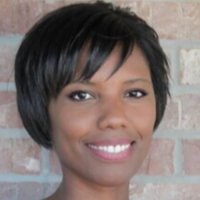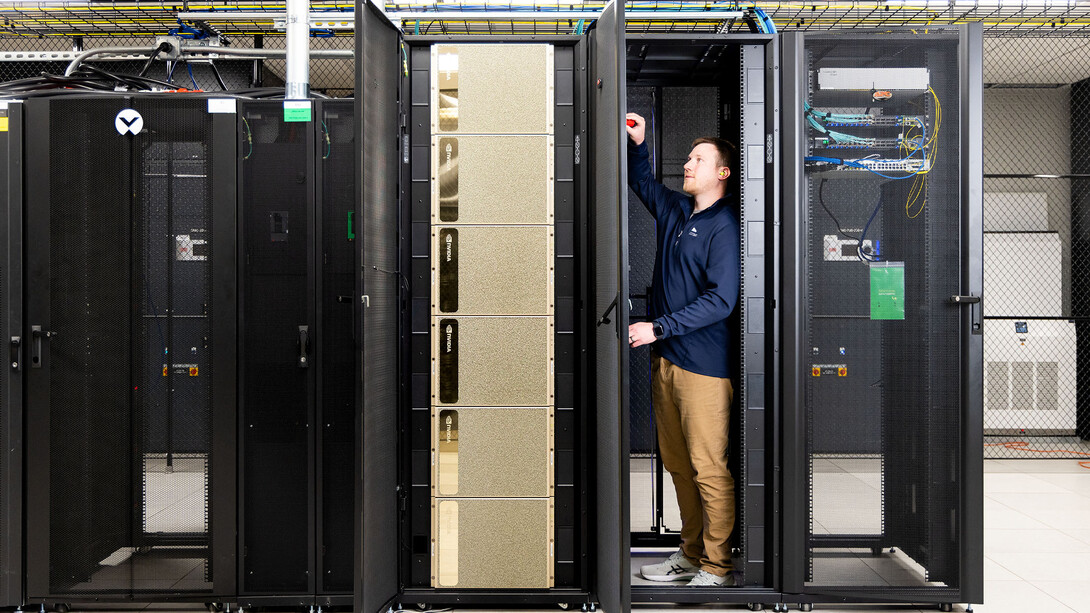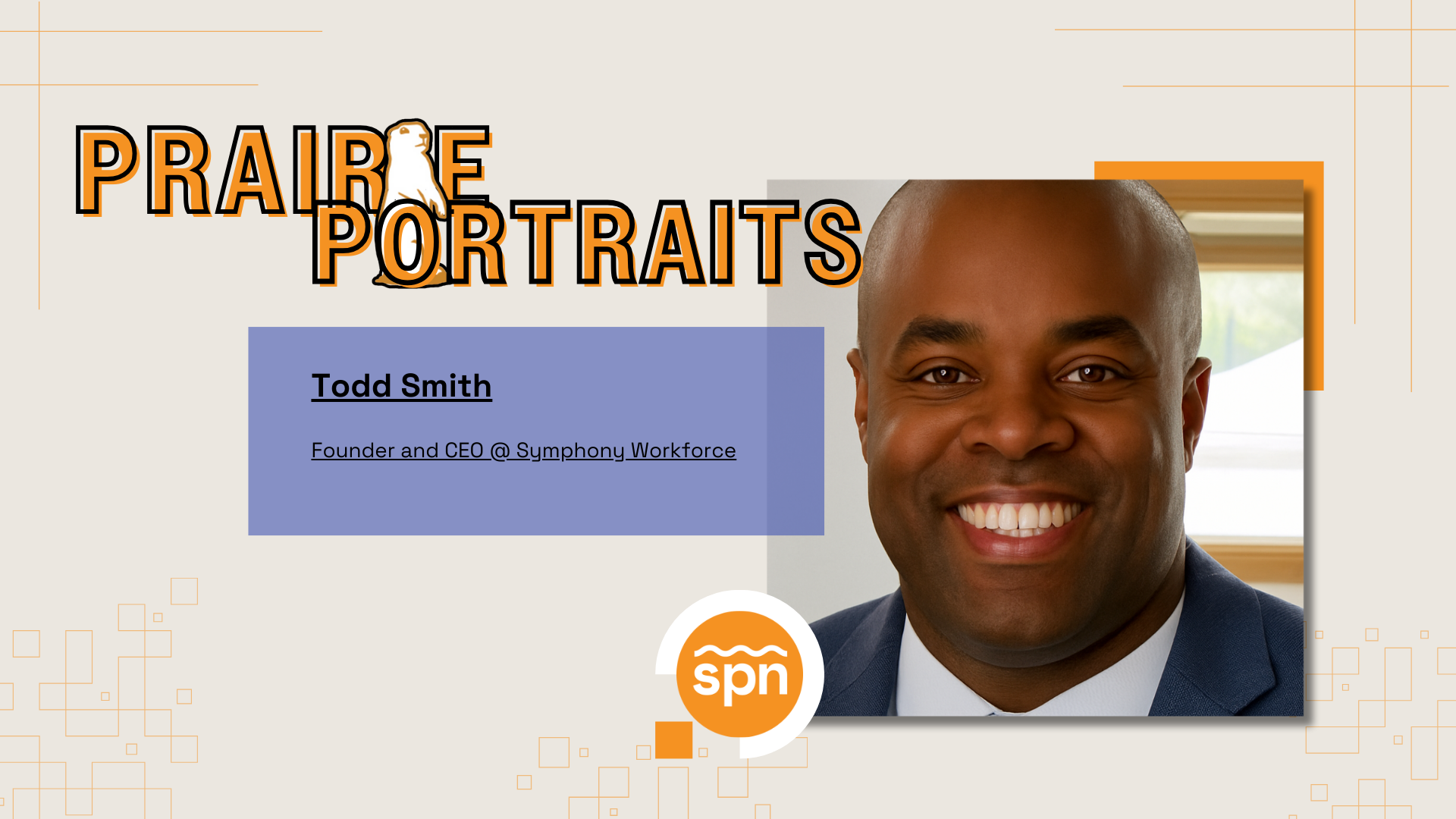About the Author: Shonna Dorsey is co-founder and managing director of Interface Web School, a school that’s building people who build the web.

OMAHA—On a national level, women enroll in college at a rate of 68 percent versus 63 percent of men, according to the Bureau of Labor Statistics.
However, women only make up 26 percent of the U.S. tech workforce. Plenty of attention has been given to this topic with various groups around country shedding light and inciting change including Black Girls Code, National Center for Women in Technology (NCWIT) among others. Even Miss USA is leading a charge to inspire girls and young women to learn to code.
At Interface School, zero percent of our spring 2014 10-week web developer training program participants were women. This fall, 60 percent of participants are women.
Who are they and why the jump?
The women (and men) in our program are inspiring, motivated and talented professionals. Our female students come from many different backgrounds from a current college student to a stay-at-home mom. They have backgrounds in electrical engineering, astrophysics, fashion photography, e-commerce and neuroscience.
But all have one common goal: develop skills to begin a new chapter in their respective careers.
Interface’s operations team is 100 percent female. I am supported by aspiring technical project manager, Michelle Vankat, and Katherine Slump, a NCWIT award winner, mobile app developer, UNO student and aspiring entrepreneur.
As a team, we work diligently to minimize program entrance barriers through various scholarships, partnerships and community outreach initiatives. We have partnered with a Heartland Workforce Solutions (HWS) to provide opportunities for financial support for HWS clients who are also Interface program applicants.
HWS provides career preparation and services for people who meet specific income requirements, displaced workers, military spouses and others requiring assistance to re-enter the workforce.
We also developed a unique program partnership with First National Bank of Omaha that includes full-tuition paid scholarships and full-time pay for selected students during a 10-week web developer training course. The First National Bank partnership represents a $100,000-plus investment in developing local talent.
One of our fall program students, Aaron Onken, started an IndieGogo campaign to fund his tuition to Interface and plans to donate $2 for every $1 donated to a scholarship to provide financial assistance to attend Interface to those who are currently underrepresented in tech (women and minorities).
Our team leads efforts to introduce web development to community based program participants through workshop partnerships with Omaha Public Library, Urban League of Nebraska, Boys and Girls Clubs of the Midlands and Avenue Scholars.
Additionally, Interface has provided application development support for several area nonprofits including Delivering Infinite Bookshelves (DIBS), Startup Genome, AIM and YMCA. Coffee and Code, a free monthly meetup hosted at Aromas Coffeehouse in Benson has been a success as well with more than 100 members and several program sponsors including Omaha Chamber of Commerce and local to regional speakers.
Starting next summer, Interface will be leading a youth web developer training program in partnership with Boys and Girls Clubs of the Midlands. Through this program, we will facilitate web developer training and through community partnerships, help participants develop personal and professional skills to support their aspirations beyond the summer program.
There are currently over 3,000 tech jobs open in Nebraska alone (growing at 3.1 times the state average) and it is estimated there will be 1.2 million computer related job openings in the U.S. by 2020. Tech salaries are expected grow faster than most others at 5.7 percent or more nationally in 2015 alone so the need for more talented professionals in general is clear.
Adding more talented women and underrepresented members of our community will benefit us in multiple ways including new perspectives and support our collective goal of a thriving economy.




